Catalyst Alumni Programme: Growing Resilience
By guest blogger Mohammad Ryad Khodabocus, Luton Council of Faiths
After the successful delivery of the Catalyst Youth Leadership programme in Luton, the young people were invited to continue their learning with Near Neighbours, The Feast, Grassroots and Luton Council of Faiths, by taking part in the Catalyst Alumni Programme. We kept in touch with the young people, organised social meetings including an Iftar gathering, and invited them to get involved in local community activities, such as the Luton Peace Garden Tree Plantation.
We were very impressed with the quality and maturity of these young people. During our conversations, it became clear how in the aftermath of a pandemic, in the midst of a global climate crisis, the refugee crisis and ever-deepening political and social polarisation, we found that young people were also struggling with significant mental health challenges. This motivated us to start our Catalyst Alumni social action project, Growing Resilience.
My personal highlight of the programme has been the display of how at the fundamentals of our mental state and anatomy, we are all interconnected and unified in an intricate way. As the Chairman of the Luton Youth Council, part of Luton Borough Council, this experience has helped me on the journey I've taken to contribute towards a better Luton.
(Sandeesha Alahapperuma)
We were invited by Near Neighbours to apply for a small grant, to enable the young people to realise their project idea. We wrote the application as a group; the young people and staff from The Feast, Grassroots and Luton Council of Faiths. We met in person a few times to conceive and elucidate the project idea and worked together in drafting the application. There were 7 application drafts before we were able to finalise the application. This shows there was an extensive consultation held with all the stakeholders before the project could be finalised. We remain grateful to the Near Neighbours Youth and Community Programme Manager who oversees the Catalyst Programme, for prompt responses to all our queries and for all the help, advice and support in finalising our project application.
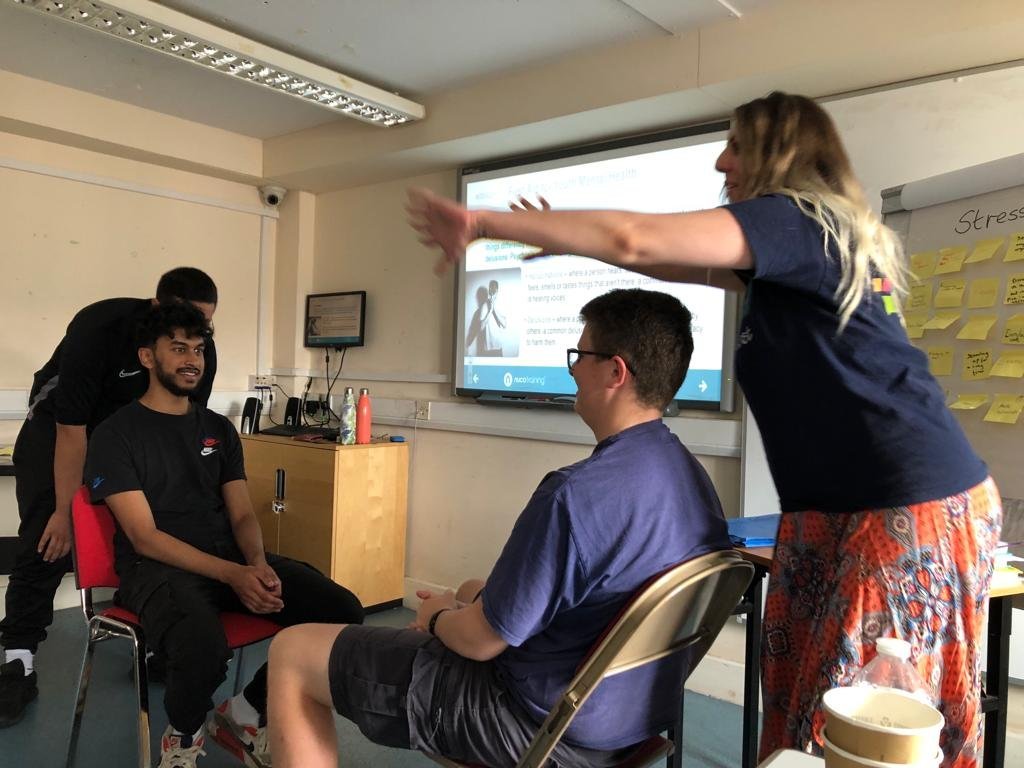
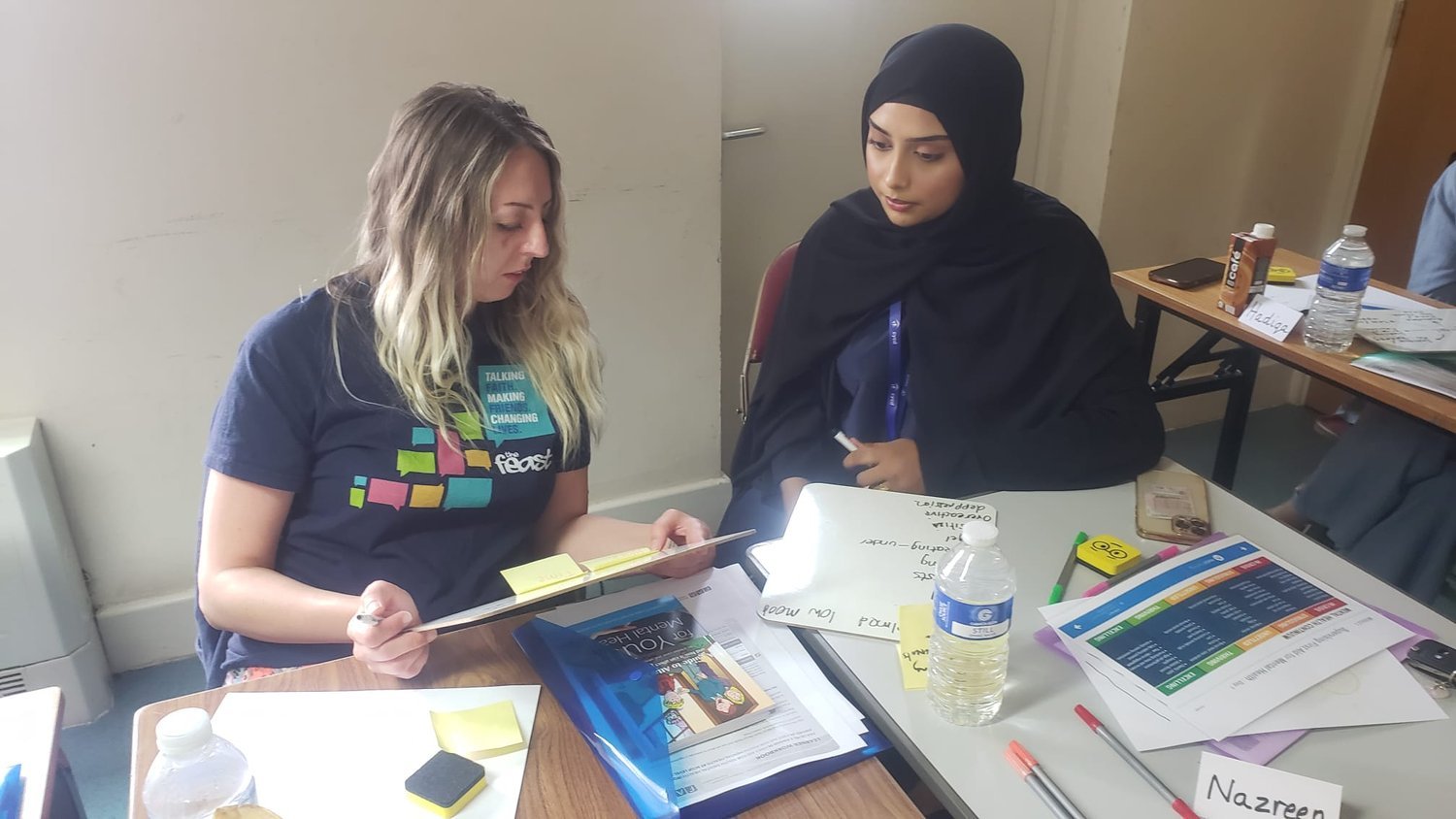
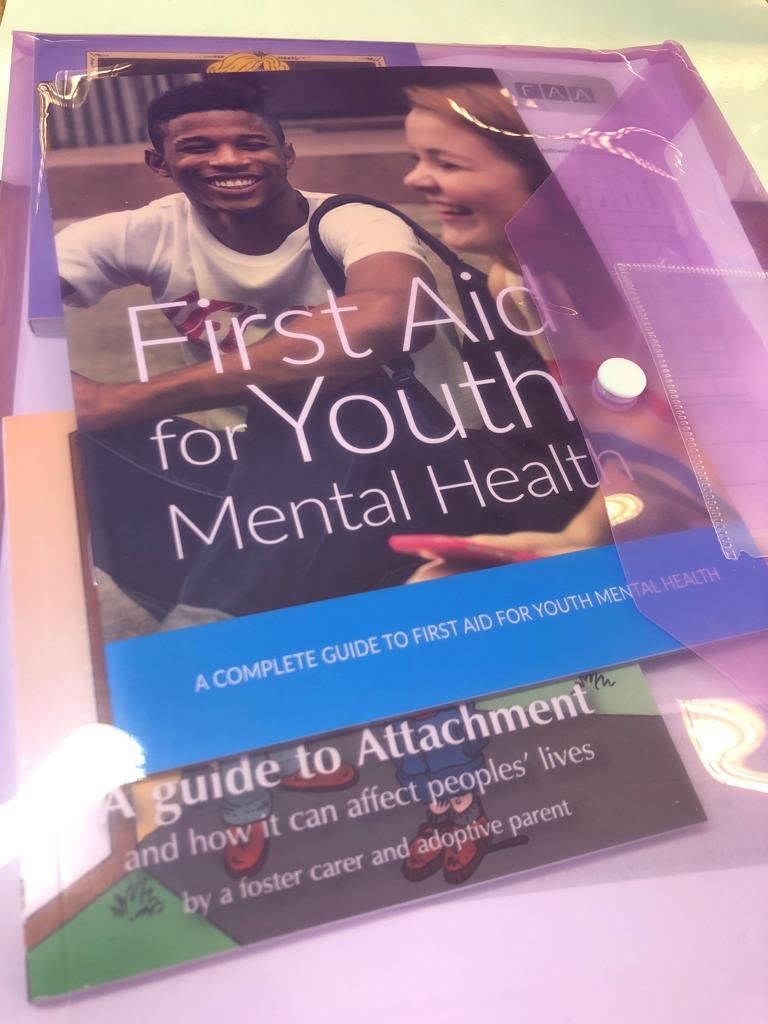
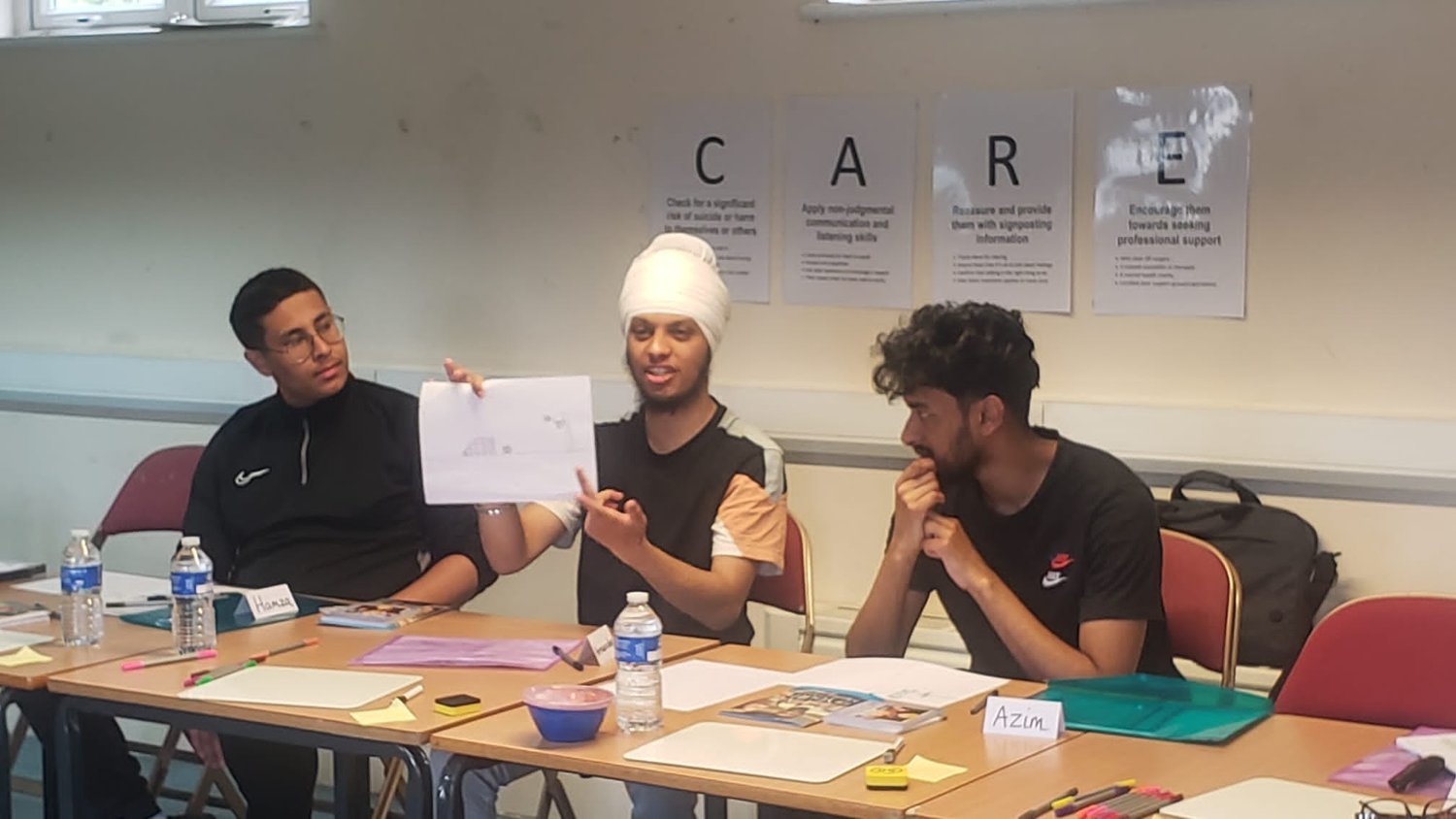
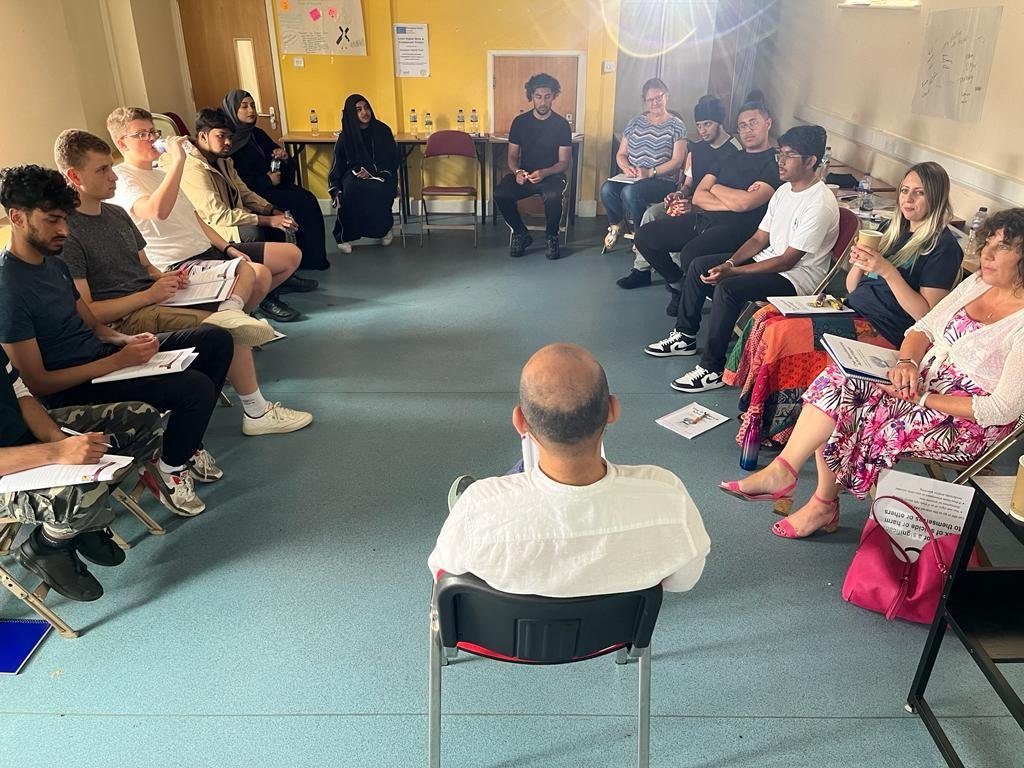
Growing Resilience was unique by design as, besides the regular mental health first aid training, it brought a heart-centred approach to mental health. Young people received training in HeartMath, which contributed significantly to their learning about ‘Building Personal Resilience’, while also obtaining an official certificate in mental health first aid. It aimed at improving young people’s understanding of mental health issues, enabling them to identify, understand and help someone who may be experiencing a mental health issue.
Delivered in partnership with The Feast, Grassroots and Luton Council of Faiths, this project helped to address the challenge of mental wellbeing as well as develop the leadership skills of the Catalyst Alumni group – and other young people from diverse religious, cultural and ethnic backgrounds.
One of the highlights of the Alumni project was learning an amazing breathing technique. During a recent flight on holiday there was a lot of turbulence & shaking in the plane. However I was able to use the breathing technique to calm my nerves and feel relaxed, which made the entire experience much more manageable.
(Hamza Alhjowj)
During the training we immersed in techniques to nurture pause and the power of choice, to slow down and weigh all options before action. We also looked at the power of intention and intuition to assist us in the decision making process. This will certainly help young people as they review and explore their future aspirations.
Taking part in the Catalyst programme has helped shape my future aspirations of working in a team, coordinating with people with similar ideas, and working together for the greater good of our cause.
(Sandeesha Alahapperuma)
The training helped us all understand the importance and significance, of not just Mental Health, but also building resilience. Using the Power of the Heart using the HeartMath technique, we explored several techniques. We looked in-depth at resilience and coherence, using the heart as the anchor and motivator to support cognition, modulate stress, anxiety, depression, anger and pain management and led towards true emotional intelligence, spirituality, and wisdom.
These young people are super intelligent and full of potential. Together as partners we are continuing to encourage them to develop themselves and make contributions to improve the lives of other young people in our town. Through their training, they are now in a position to be able to address the stigma around mental health, particularly in the minoritised communities, and can support and encourage people to understand mental health issues – how they see these, how they deal with negative mental health, and what strategies people in our communities have to maintain mental wellbeing. They are presenting their findings initially to faith and community leaders, where they will be able to express their views and concerns about mental health and community resilience. They will then give a presentation at the annual Luton Peace Walk, with a view to challenging this stigma that can often be a crutch within our communities.
These skills that I have honed from these projects are very important because they can be used in all your day to day life either to improve yourself personally or the environment around you! If I had to give one advice to others it would be to take all the opportunities that come to you and don’t be afraid to take yourself out of your comfort zone.
(Hamza Alhjowj)
Catalyst Alumni Programme is an extension to the Catalyst programme, which is offered to ensure a consistent and supported bridge between Catalyst and young people’s community initiatives and social action projects.
For more information on Catalyst or the Catalyst Alumni Programme, see near-neighbours.org.uk/catalyst
